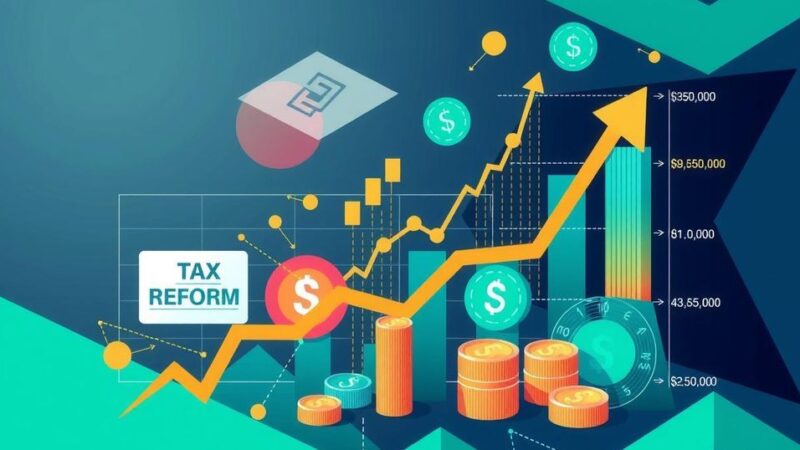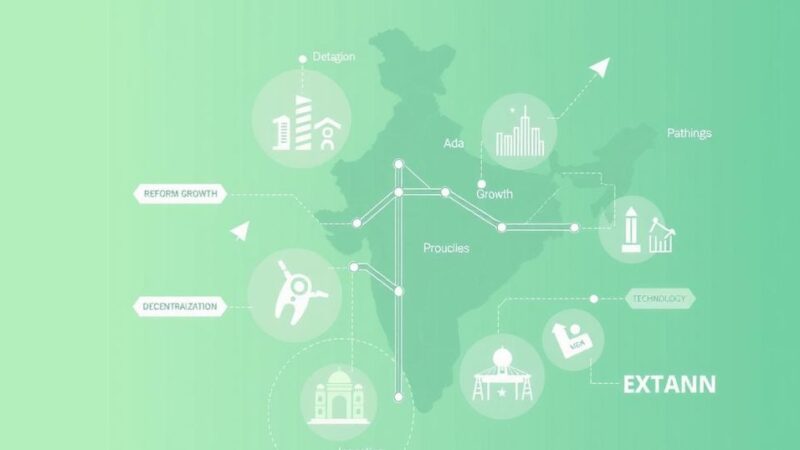In January, Argentina recorded a 2.2 percent inflation rate, the lowest in 4.5 years, as per INDEC. Yearly inflation decreased to 84.5 percent. President Javier Milei’s austerity measures, including workforce cuts, have led to public protests. Despite economic challenges, the government anticipates a GDP growth of 5 percent by 2025.
Argentina’s inflation rate decreased to 2.2 percent in January, marking the lowest monthly figure in 4.5 years, according to the INDEC national statistics agency. This represents a decline from 2.7 percent in December and indicates a trend of sub-3 percent inflation for four consecutive months. However, year-on-year inflation remains high at 84.5 percent, the first instance in two years below 100 percent, though still among the highest globally.
In late 2024, inflation rates peaked at 117.8 percent, down from 211.4 percent the previous year. President Javier Milei, who identifies as an “anarcho-capitalist,” initiated drastic measures to cut government spending upon taking office, using a chainsaw replica to symbolize his austerity plans. His first month in governance saw inflation reach a staggering 25.5 percent after a significant 52 percent devaluation of the peso.
By November 2024, inflation had dipped to its lowest in over four years due to austerity measures that included terminating more than 33,000 public sector jobs and reducing the number of government ministries. This policy approach has placed millions into poverty and triggered widespread protests against government cuts. Despite criticisms of his methods, Milei claims these actions are vital for long-term economic stability.
Economy Minister Luis Caputo noted the ongoing “disinflation process” on social media, highlighting the government’s efforts for economic stabilization during Milei’s tenure. Last year marked a significant turnaround for Argentina as it achieved its first budget surplus in a decade, reflecting the government’s fiscal strategies.
However, these austerity measures have led to considerable collateral damage, such as diminished purchasing power, rising unemployment, and decreased consumer spending. The authorities predict an economic recovery in 2025, aiming for a GDP growth of 5 percent as conditions improve.
Argentina has achieved its lowest monthly inflation rate in over four years under President Javier Milei’s controversial austerity measures. Despite significant reductions in inflation and a historic budget surplus, the government’s policies have resulted in adverse effects on the populace, including increased poverty and unemployment. Future forecasts suggest potential economic growth, contingent on stabilizing measures implemented in recent months.
Original Source: www.nbcrightnow.com






